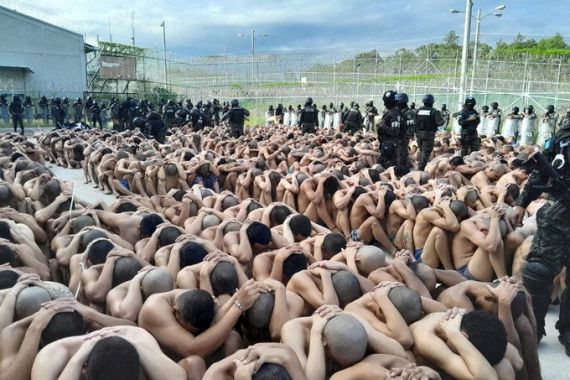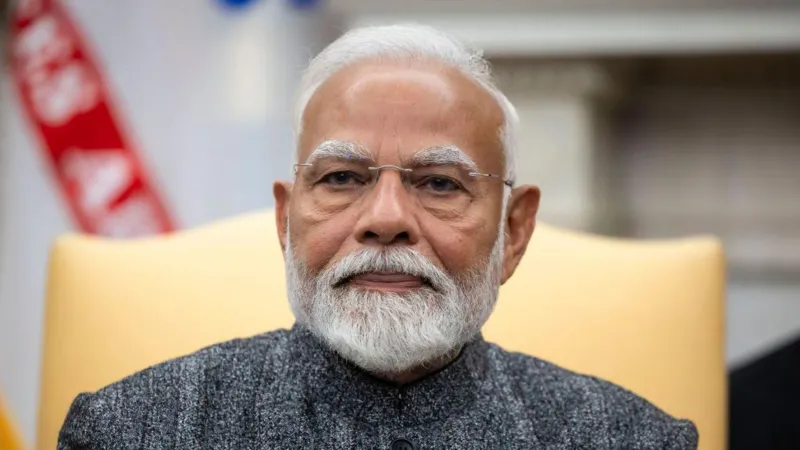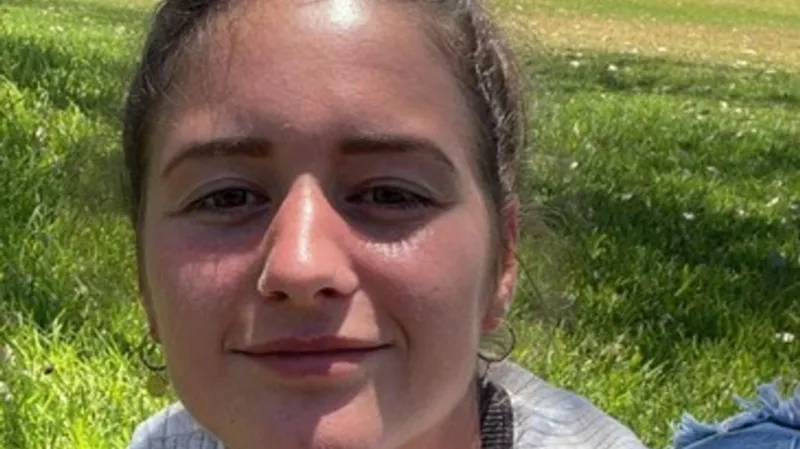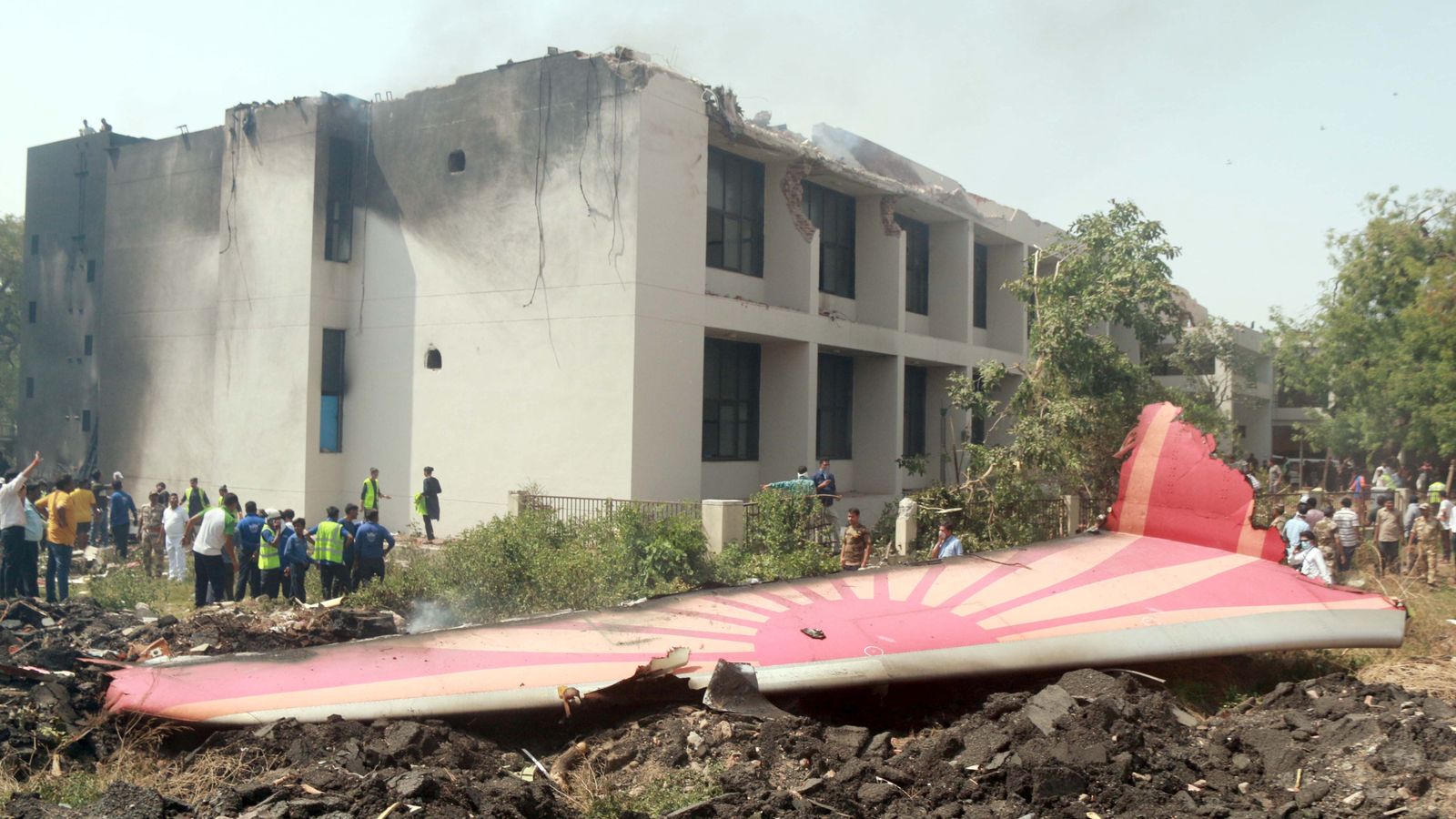Honduran armed forces seize control of prisons to stamp out gangs
Crackdown comes in the wake of a gang-related attack at a women’s penal centre that left 46 people dead.

The government of Honduras has announced a crackdown on organised crime within the Central American country’s prison system after an attack in a women’s penal centre left 46 people dead last week.
The Honduran Armed Forces said on Monday that their push “to regain control of the prisons” had begun, dubbing the initiative “Operation Faith and Hope”.
Searches were under way on Monday morning at the Tamara Penal Centre, where the armed forces said they had recovered high-calibre weapons, grenades, ammunition, cell phones and devices for internet access within the prison walls.
The initial search appeared to focus on the men’s prison, though Tamara was also the site of last week’s deadly attack in the Centro Femenino de Adaptacion Social (CEFAS), a women’s detention centre that can house approximately 900 people.
“Operations will continue in other penal centres,” the armed forces said in Twitter posts on Monday.
A woman in a white T-shirt holds a paper face mask to her eyes as she cries, surrounded by other bereaved relatives.
The June 20 attack in Tamara, approximately 50km (30 miles) northwest of the capital, Tegucigalpa, marked one of the country’s deadliest prison riots in recent memory.
The violence broke out after women from the Barrio 18 street gang confronted their rivals in the Mara Salvatrucha (MS-13) group in the starkly divided prison, according to the authorities.
Officials have said the gang members were able to infiltrate a rival cell block with guns, machetes and flammable liquids that they used to set their enemies on fire. Some even allegedly brought locks to shut their victims inside their cells as they burned alive.
Eighteen pistols, an assault rifle, two machine pistols and two grenades were reportedly recovered after the attack.
Yuri Mora, a spokesperson for Honduras’s national police, said that 26 of the victims had died in the flames, while the rest succumbed to gunshot and stab wounds.
Castro promised to take “drastic action” in the wake of the prison clash. Last week, she announced that control of 21 of the country’s 26 prisons would revert to the Military Police of Public Order (PMOP), in an attempt to suppress organised crime.
It was a dramatic about-face for an administration that had once sought to demilitarise certain aspects of public security. Last year, Castro had removed the prisons from PMOP authority, putting them instead under the national police.
Castro also said in her announcement that her administration would use islands off Honduras’s coast to house “highly dangerous” gang leaders.
Deadly prison clashes are not unheard of in Honduras: Over the course of a single weekend in 2019, some 37 suspected gang members were killed in prison violence under Castro’s predecessor, Juan Orlando Hernandez.
And in 2017, a government-run shelter for troubled girls saw 41 people killed when mattresses were set on fire as part of a protest against abysmal conditions.
But when the left-wing Castro came into power in January 2022, her administration marked a break from the past. Not only did she become the first female president of Honduras, but her inauguration also ended 12 years of rule by the conservative National Party.
Nevertheless, Castro’s administration has been accused of not doing enough to end gang-related crime in the country.
In December, she announced a state of emergency to address the gangs’ turf wars, but so far, it has failed to dampen the violence.
On Saturday, armed men killed at least 11 people in a shooting at a billiards hall in Choloma, a manufacturing hub linked to the Barrio 18 gang. In response, the government imposed a 15-day curfew in the town and another in nearby San Pedro Sula in northern Honduras.
Officials indicated that the billiards shooting could be linked to an ongoing tit-for-tat between gangs.
“We do not rule out these crimes could be some sort of revenge for what happened in the women’s prison,” said National Police Commissioner Miguel Perez Suazo.
On Monday, images released by the Honduran Armed Forces showed the results of the prison raid, with long lines of suspected gang members stripped to their shorts and seated on the ground under the watch of armed guards.
The images have evoked comparisons to neighbouring El Salvador, where President Nayib Bukele has led a controversial “war on gangs”.
As Bukele expanded the country’s penal system — to accommodate the more than 65,000 people arrested — photographs from the country’s new “mega-prison” have shown similar treatment, with male inmates packed tightly in lines on the floor, wearing little but boxer shorts.
A political figure with high approval ratings, according to public-opinion polls, Bukele imposed a state of emergency in March 2022, suspending certain civil liberties in its push to end gang violence in the country.
But critics have warned that the emergency order, which has been renewed since last year, has led to widespread human rights abuses, including indiscriminate arrests and imprisonment as well as a lack of due process.
Eric Olson, a fellow at the Wilson Center, a global affairs think tank, said that countries like El Salvador and Honduras have a tendency to “warehouse young people in prisons”. But that strategy, he explained, can backfire.
“They throw them in over-crowded prisons. And whether they’re gang members or not when they go in, they come out as gang members because that’s the only way they have to survive prison,” Olson told Al Jazeera.
“So in some ways, the prisons themselves become factories for creations of gangs. And it’s a very mistaken notion that you can just incarcerate massive amounts of youth and solve the problem.”
-al jazeera







